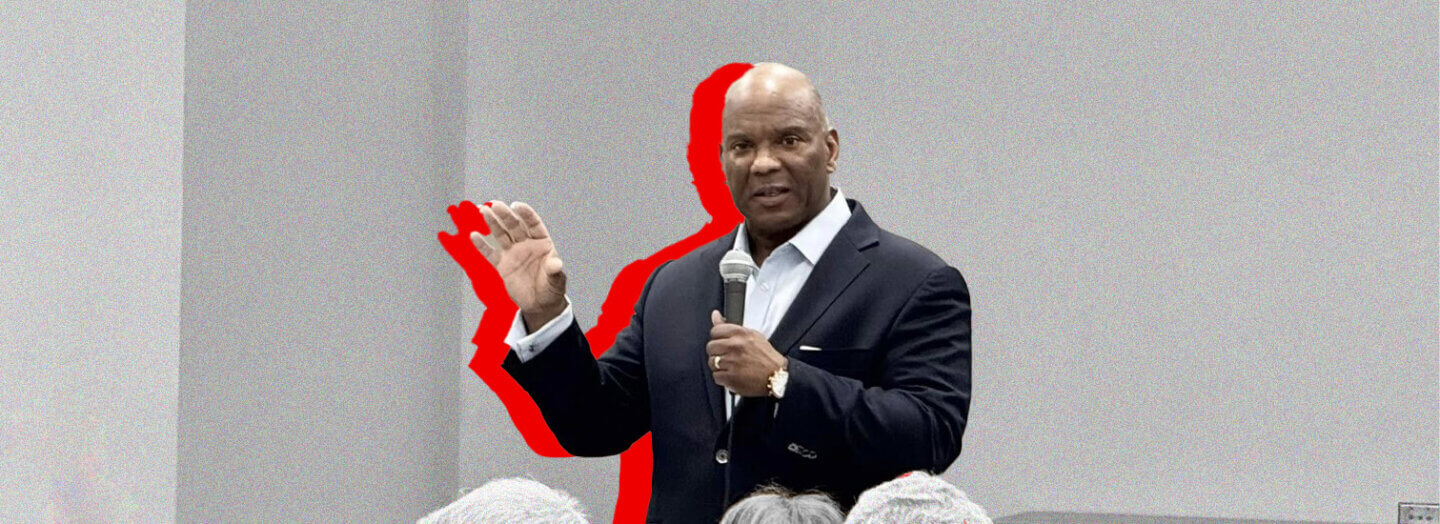Supreme Court Strikes Down Anti-Choice Law.
BY:
tToday, with a 5-3 majority, the Supreme Court ruled a Texas law restricting abortion access unconstitutional.
The Texas law – HB 2 – severely restricts abortion access and has resulted in the closure of nearly 75 percent of women’s clinics in Texas, forcing many women to travel long distances to access safe, legal abortion care. Targeted Regulation of Abortion Providers (TRAP laws), like HB 2, skirt the legal precedent set by Roe v. Wade by finding legal ways to impose regulations, restrict access to care, and close clinics. Whole Woman’s Health, a private organization of women’s clinics and the plaintiff in the case, has led the fight against TRAP laws.
In Roe v. Wade (1973) and Planned Parenthood of Southeastern Pennsylvania v. Casey (1992), the Supreme Court decided that the Constitution protects a woman’s right to have an abortion and ruled that laws cannot be “a substantial obstacle in the path of a woman seeking on abortion.” In the opinion of the Court for Whole Woman’s Health v. Hellerstedt, Justice Stephen Breyer evoked this precedent to declare the Texas TRAP law violates a woman’s constitutional right to have an abortion. Further, the Court declared that there are no instances in which TRAP laws advance women’s health or help anyone receive better care.
Today’s Supreme Court ruling is a victory for women’s health – and women – in America.
JOIN US.
contribute to the conversation



